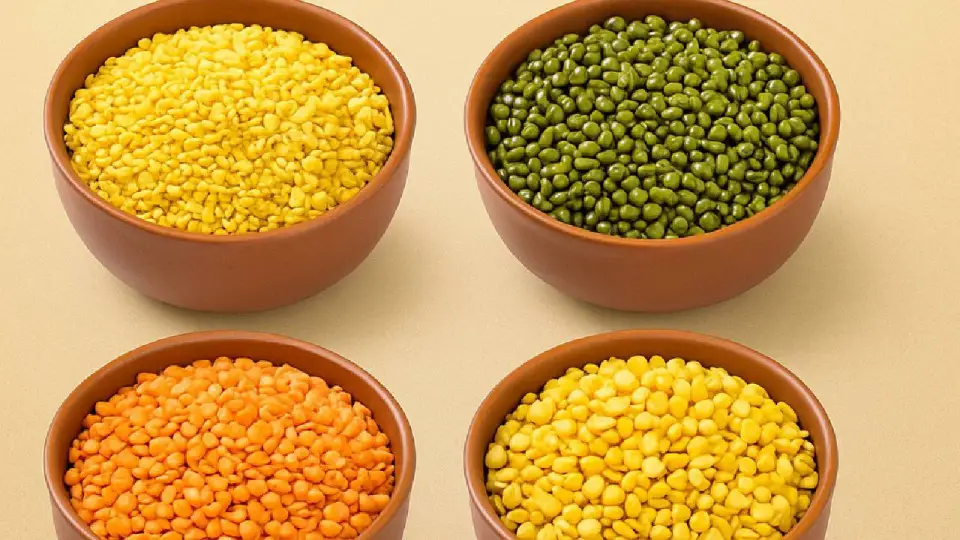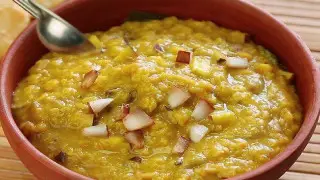
Dal, Health
Lifestyle News: Pulses are an important part of Indian cuisine, found in almost every kitchen. They are not only delicious, but also very beneficial for the body. They contain protein, fiber, several vitamins and nutrients, which contribute to a variety of health benefits. Pulses are rich in protein, which is essential for vegetarians. There are many types of pulses available in India, such as urad dal, gram dal, masoor dal, urad dal and chickpea dal. Each type of pulse differs in color, size, taste and nutritional value. Some pulses are light to eat, while some are very heavy. Therefore, it is important to eat them at the right time.
You may have noticed that eating some pulses can cause stomach pain, gas or bloating. This can be due to incorrect cooking time or mistakes made during preparation. Pulses are prepared in many ways, such as dal-salad, pumpkin-dal, and dal-based dishes. In South India, dishes like sambar and rasam are made with pulses. In North India, dishes like tadka dal and dal makhani are very popular. But let's know which pulses are best for health at which time.
Dr. Anjali Tiwari, Senior Dietician, Apollo Spectra Hospital, explains that pulses contain protein, fiber, vitamins and minerals. The protein they provide is especially important for those who do not eat primary proteins. Therefore, they provide significant health benefits. Different pulses have appropriate times of eating and specific benefits.
Moongs - They are light and easy to digest, so it is best to eat them in the morning or afternoon. They provide energy and refresh your body. Since they are light, they do not leave a heavy feeling in your stomach.
Lentils - This lentil is a very good source of iron. Therefore, eating it can help fight anemia. It is considered more beneficial to eat it in the afternoon or evening.
Urad dal - This dal is rich in protein and calcium, which helps in strengthening bones. It is ideal to eat this dal at night.
Kidney beans and chickpeas - Heavy pulses like kidney beans and chickpeas should be eaten in lunch as they provide energy and keep you full for a long time. Eating too much of them at night can cause gas or bloating.
Experts advise that all pulses should be soaked in water for 40 minutes or at least an hour before cooking. Whole pulses or soybeans should be soaked for 2 to 3 hours. All pulses should be soaked in water for 40 minutes or at least an hour before cooking. Whole pulses or soybeans should be soaked for 2 to 3 hours.
Black gram, two gram and two gram should be soaked for 2 to 4 hours. Whole green gram, whole black gram, whole dal, black gram and lentil should be soaked for 6 to 8 hours before cooking. Apart from this, it is ideal to soak rajma, white gram and black gram overnight. This removes dust and some harmful elements from the dal, and cooks the dal faster.













Copyright © 2025 Top Indian News
